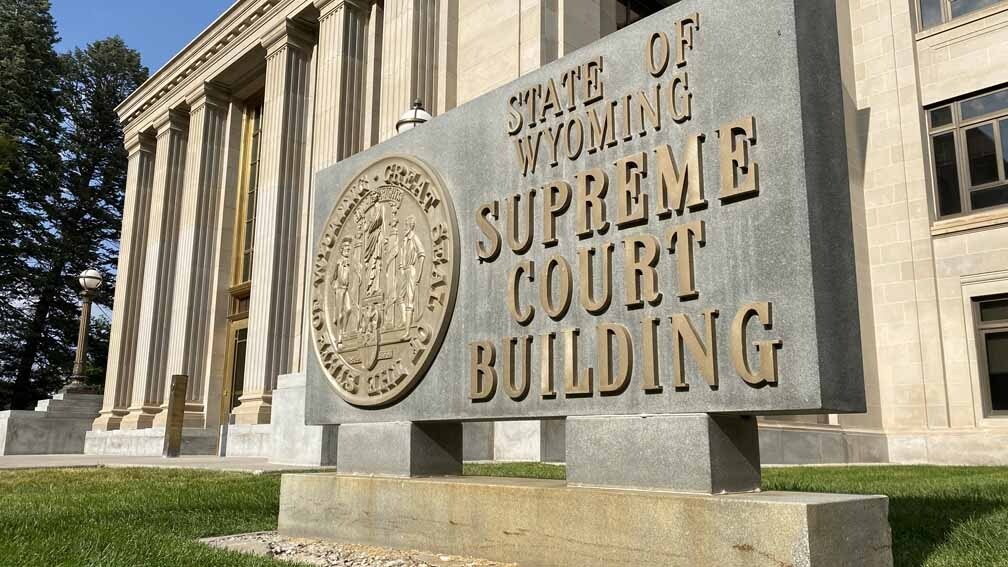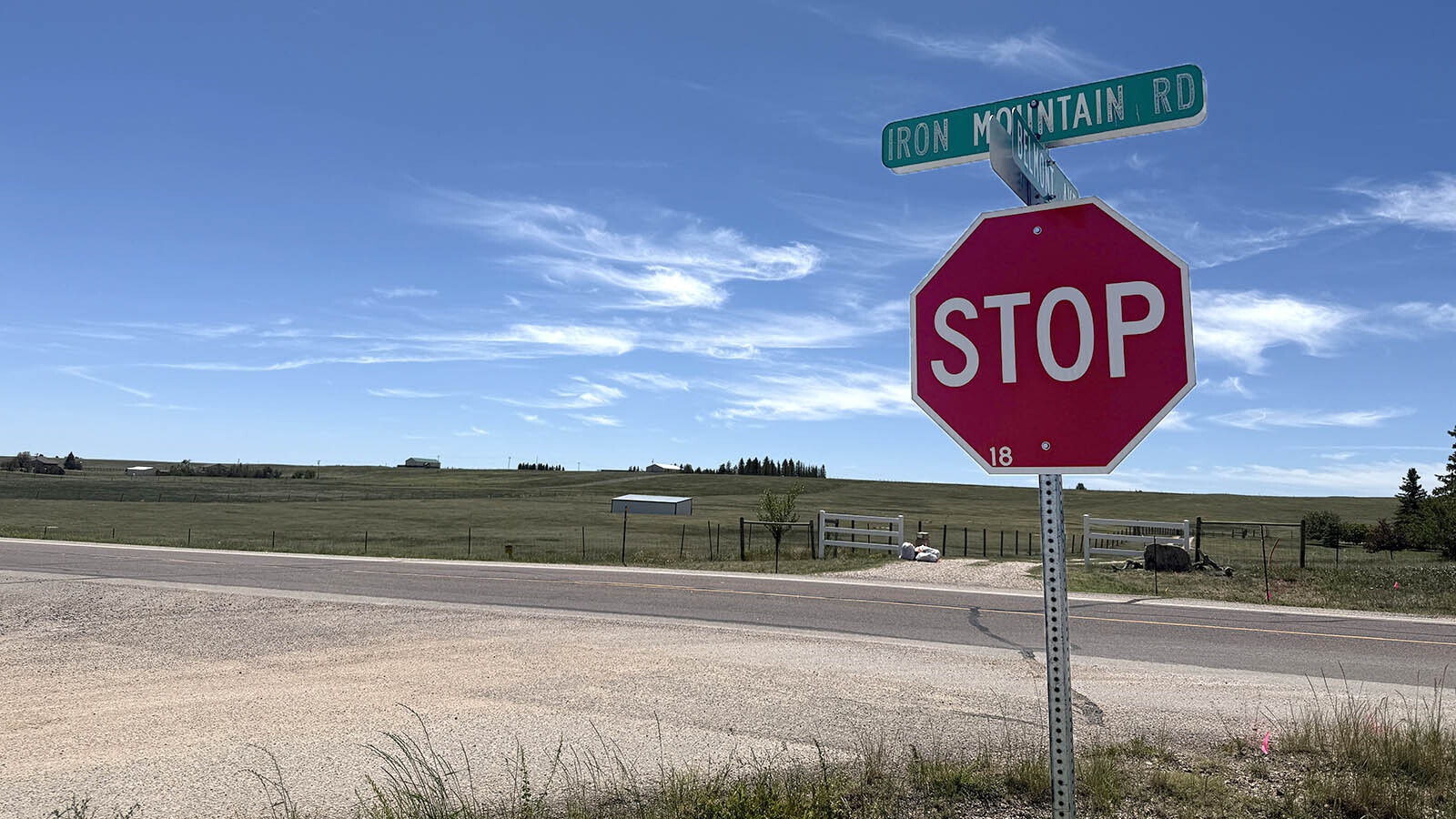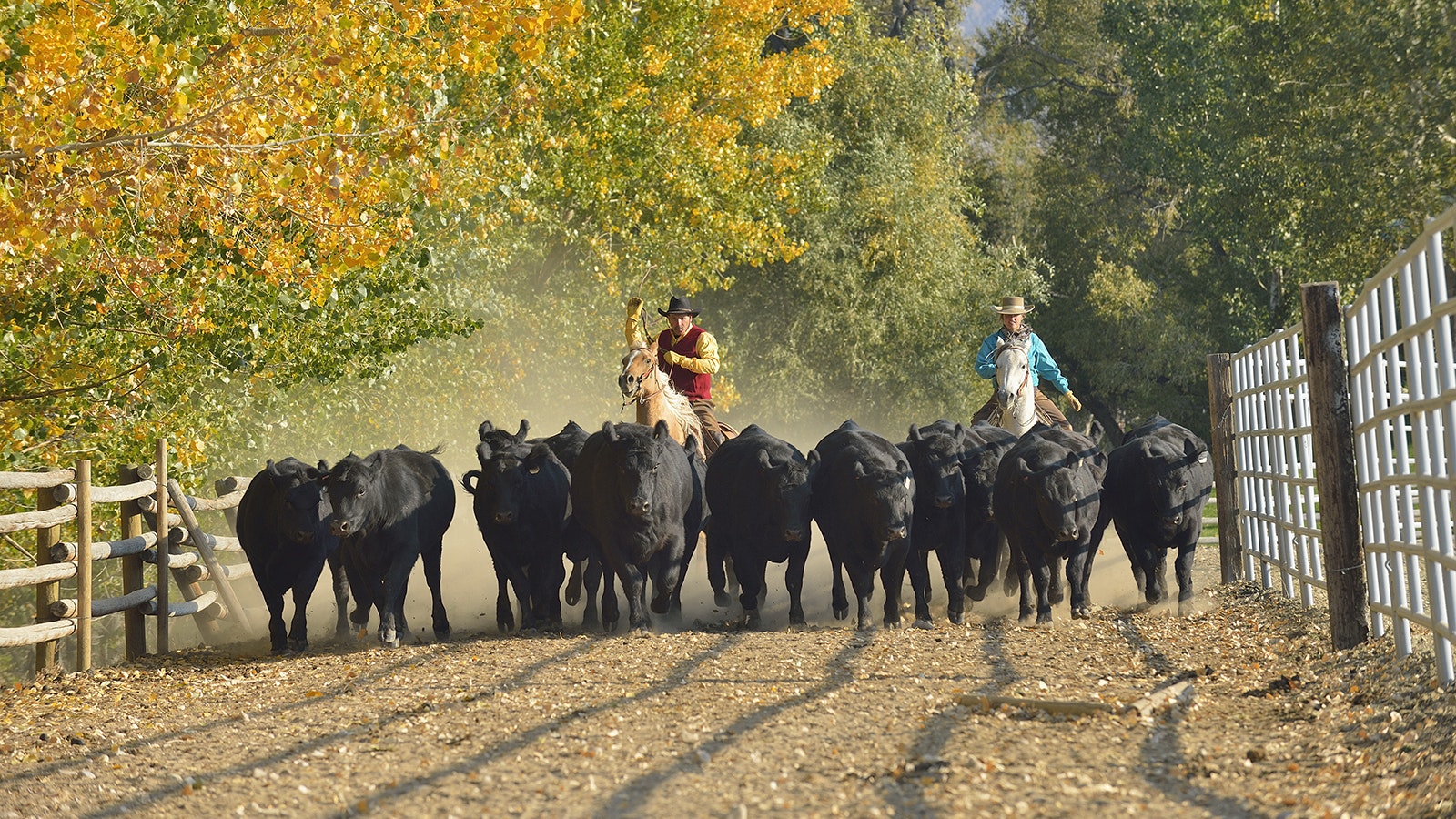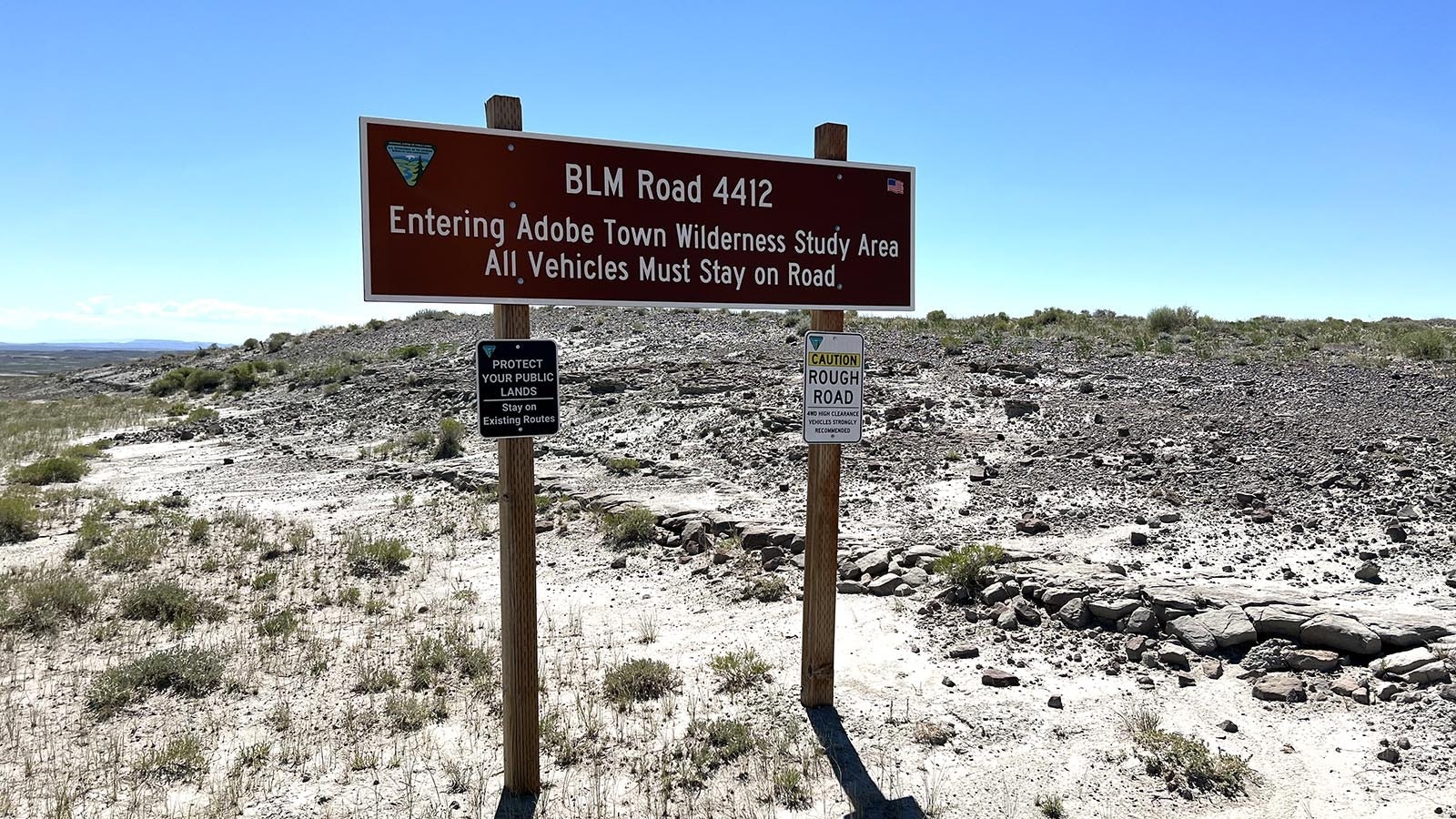A divided Wyoming Supreme Court has upheld the conviction of a man who was driving a van found to contain 121 pounds of marijuana, rejecting his claims that the search of his vehicle was unconstitutional.
However, two of the five justices agreed with the arguments of Kellon Christon Pryce that he was unnecessarily detained during a traffic stop to allow time for a drug-sniffing dog to arrive at the scene to examine the vehicle he was driving.
“When an officer unlawfully extends a stop in violation of the Fourth Amendment, the remedy is suppression of the evidence discovered,” Justice Kate Fox wrote in a dissent that was joined by Chief Justice Michael Davis.
According to the ruling, Pryce was driving a van east on Interstate 80 near Cheyenne in July 2018 when he was pulled over by Wyoming Highway Patrol Trooper Joseph Dellos for changing lanes without signaling.
The trooper asked Pryce to walk back to his patrol car and then asked the vehicle’s front-seat passenger, Jonathan Sooknanan, about their travel plans.
After joining Pryce in the patrol car and writing him a warning, Dellos asked Pryce about his travel plans and noted there were inconsistencies in the answers provided by Sooknanan and Pryce.
Because of the inconsistencies and because Pryce appeared to be very nervous, Dellos said, he asked for a drug-sniffing dog to be dispatched to the scene. While waiting, he returned to speak to Sooknanan again about their plans.
On arriving, the dog alerted to the presence of a controlled substance and a search of the van revealed 121 pounds of raw marijuana and 415 ounces of THC oil.
Pryce asked the judge in his trial to suppress the marijuana and THC oil seized from the van as evidence, saying it was seized in violation of his Fourth Amendment rights to protection against unlawful search and seizure.
Pryce argued Dellos should have detained him just long enough to issue his warning and then allowed him to continue on his trip instead of asking him questions about his travel plans and delaying his departure until the drug dog could arrive.
“He contends Dellos’ travel plan inquiry — directed at both him and Mr. Sooknanan — was unreasonable because the questions did not pertain to the purpose of his stop, and thus were unreasonable in scope and duration,” the ruling said.
The lower court rejected Pryce’s request and he was convicted of two charges of possessiong controlled substances.
A majority of the justices agreed with lower court’s decision, citing past rulings in saying that questions about travel plans are an acceptable area of inquiry during traffic stops.
“Trooper Dellos’ initial travel plan questions were also reasonable in duration; they did not unreasonably prolong the stop,” the ruling said.
As a result, Pryce’s Fourth Amendment rights were not violated, the ruling said.
However, Fox’s dissent noted that in federal courts in other states, unnecessary delays in ending a traffic stop have been found to be a violation of the Fourth Amendment.
“The Wyoming cases the majority (of the court) relies on are not to the contrary, because they address only the scope of questioning and not their duration,” the dissent said.
Fox also noted that in the past, the Wyoming Supreme Court has held that a traffic stop can last only as long as it takes an officer to request a driver’s license, proof of insurance and vehicle registration, run a computer check and issue a citation or warning.”
“Travel plan questioning is not on the list of necessary tasks,” the dissent said.





